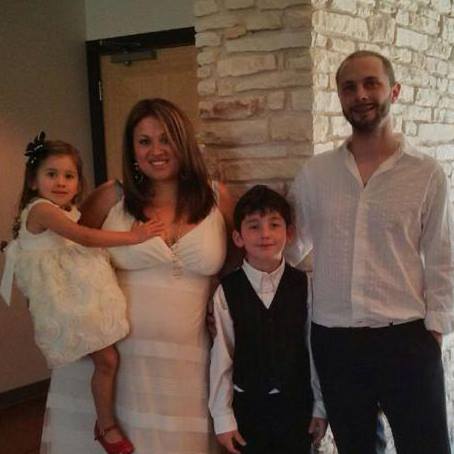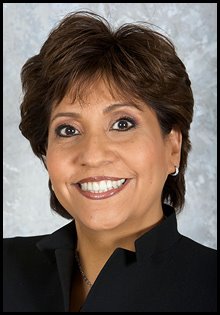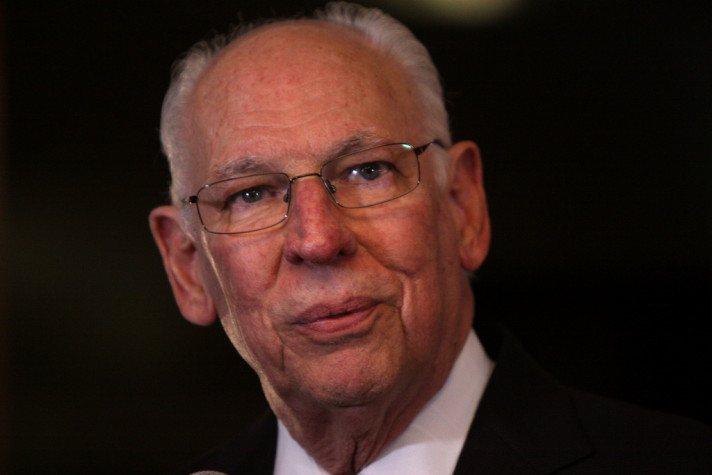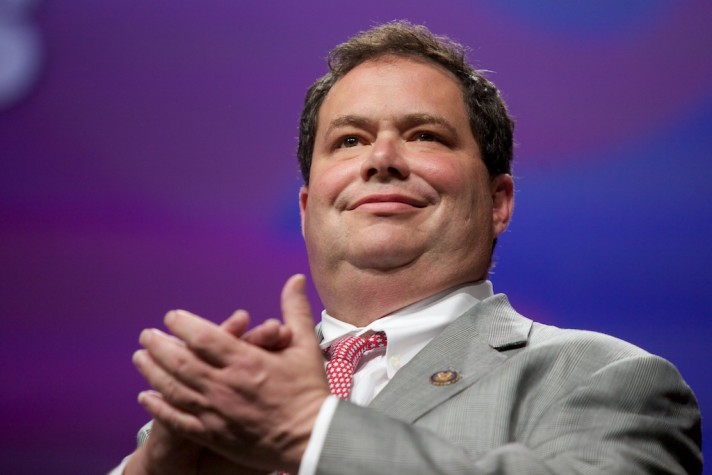Over the past decade and a half, the federal government has created a cash cow for private prison companies by detaining record numbers of undocumented immigrants in for-profit lockups. In 2009, Congress even imposed a quota on Immigration and Customs Enforcement (ICE), obliging the agency to detain an average of 34,000 immigrants per night across all of its facilities. At an average cost of $164 per day per detainee, the math works out quite well for private prison companies such as GEO Group and Corrections Corporation of America, which post billions in annual revenue. Taxpayers should be infuriated. Proven, common-sense alternatives to detention, including monitoring and case management, are available at a savings of more than $1 billion a year.
To fulfill the so-called bed mandates, detention centers are often populated with low-level detainees who are neither threats to security nor flight risks. Texas in general, and ICE’s San Antonio field office in particular, house among the highest number of low-level detainees in the country.
Consider 29-year-old Andrei Dragan. Dragan has been incarcerated at the South Texas Detention Center (STDC) in Pearsall, about an hour southwest of San Antonio, since May 23. Dragan, who has lived in the U.S. legally off and on since he was 5, lost his permanent residency due to a drug offense in 2010.
But he doesn’t need to be locked up. He served his sentence and dutifully obeyed his terms of probation.
Dragan and his lawyer believe he’s a United States citizen because his mother became a naturalized citizen when he was a juvenile. “He is an American as much as a Romanian,” his wife writes on a website devoted to Dragan’s release.
Dragan was employed as a Linux administrator in Manor and is the sole breadwinner for his wife and two young children, with a third baby on the way. Though his wife’s pregnancy has been diagnosed as high-risk and his employer sent a character reference to the court on his behalf, Dragan remains trapped, like tens of thousands of others, inside a slow-moving immigration system.
Several immigration attorneys I spoke with confirmed that STDC, which houses an average of 1,500 detainees at a time, is understaffed, and detainees can’t schedule legal appointments in timely fashion. Until recently, GEO Group, the private company that runs STDC, set aside only three rooms at the facility for attorneys to meet with their clients. After much complaining from attorneys, the prison transformed a broom closet into a fourth meeting room with limited access. Lawyers typically wait one to two hours to see their clients, but some tell me they’ve waited as long as eight hours.
“It’s difficult to recruit pro bono attorneys to do this work,” says Benicio Diaz, of American Gateways, an Austin-based nonprofit provider of legal services.
There also aren’t enough judges for every detention facility, so many detainees participate in their legal proceedings on closed-circuit television. Often attorneys have to decide whether to be with their client or with the judge.
“God forbid your client doesn’t speak English,” Diaz adds. “They have to phone in a translator. You’re listening to a translator via telephone, watching a judge on television.”
In an attempt to expedite his release, Dragan has volunteered to leave the country, but the government can sometimes take as long as six months to process a detainee out of the country—a far cry from the popular image of Mexican immigrants swiftly booted back across the river. To add to that, a 2009 Associated Press study of ICE data showed that of the 32,000 people detained on a given day, 950 had been there over six months and more than 400 had been there over a year.
It’s hard to see who benefits from this inhumane and absurd system, other than private prison companies and their enablers in Congress. Expanding successful, low-cost alternatives to detention programs doesn’t just make good fiscal sense, it’s the right thing to do.










